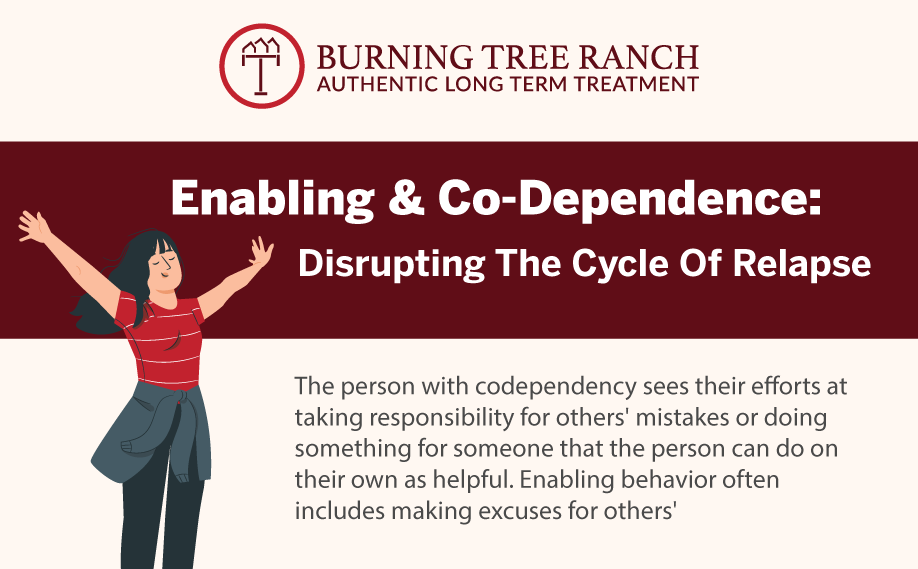Dual diagnosis represents a complex clinical scenario involving the simultaneous presence of mental health disorders and substance use disorders in a single individual. Research indicates that up to 50% of individuals with a mental disorder also suffer from substance abuse, making dual diagnosis a critical concern in healthcare.
Despite the complexities of treating and managing dual diagnosis cases, early detection and intervention are crucial. Addressing both conditions at an early stage relieves immediate symptoms. It significantly enhances long-term prognosis, improving the individual’s quality of life and mitigating dual diagnosis’s broader social and economic impact.
Understanding Dual Diagnosis
Dual diagnosis refers to the simultaneous presence of a mental health disorder, such as depression, anxiety, or bipolar disorder, alongside a substance use disorder, whether it be related to alcohol, drugs, or other addictive substances. These coexisting conditions often interact in a cyclical manner, with one exacerbating the other, creating a compounded challenge for both diagnosis and treatment.
Common signs and symptoms of dual diagnosis can vary widely but often include:
- Extreme mood variations
- Withdrawal from social situations
- Poor performance at work or school
- Neglect of personal hygiene

The Benefits of Timely Identification
One of the most immediate advantages of early detection is facilitating a comprehensive assessment. This provides a clear understanding of the issue at hand and creates a pathway for medical professionals to design more effective, individualized treatment regimens. Such tailored approaches increase the likelihood of positive outcomes, as they are custom-fit to the patient’s unique profile, considering their specific needs, history, and present circumstances.
Pitfalls of Delayed or Missed Diagnoses
The Role of Families in Dual Diagnosis Treatment
Families often serve as the primary support system for individuals grappling with the intertwined challenges of mental health and substance use disorders. Their involvement can bolster the efficacy of treatment plans by providing emotional support, ensuring adherence to therapeutic interventions, and creating an environment conducive to recovery. In many cases, families can offer invaluable insights into the patient’s behavioral patterns and history, assisting clinicians in crafting more tailored and effective treatment approaches.
Furthermore, the family’s participation in therapy sessions can facilitate open communication, bridge understanding gaps, and foster collective healing. By fostering a nurturing and understanding environment, families play an indispensable role in enhancing the resilience and recovery journey of their loved ones.
Learn more about enabling & dependency

6 Steps Toward Early Detection and Intervention
Dual Diagnosis Treatment at Burning Tree Ranch
Burning Tree Ranch is a beacon of hope for those facing the intricate challenges of dual diagnosis. Our comprehensive and individualized approach to treatment underscores the profound significance of holistic healing in co-occurring disorders. We are committed to best practices and evidence-based interventions, and we deeply understand the unique journeys of each individual.
At Burning Tree Ranch, we foster an environment where recovery is not just a possibility but a tangible reality. Our sanctuary offers expertise, compassion, and unwavering support to those seeking transformative healing. We are proud to be a premier destination for those seeking to overcome the complexities of dual diagnosis.


